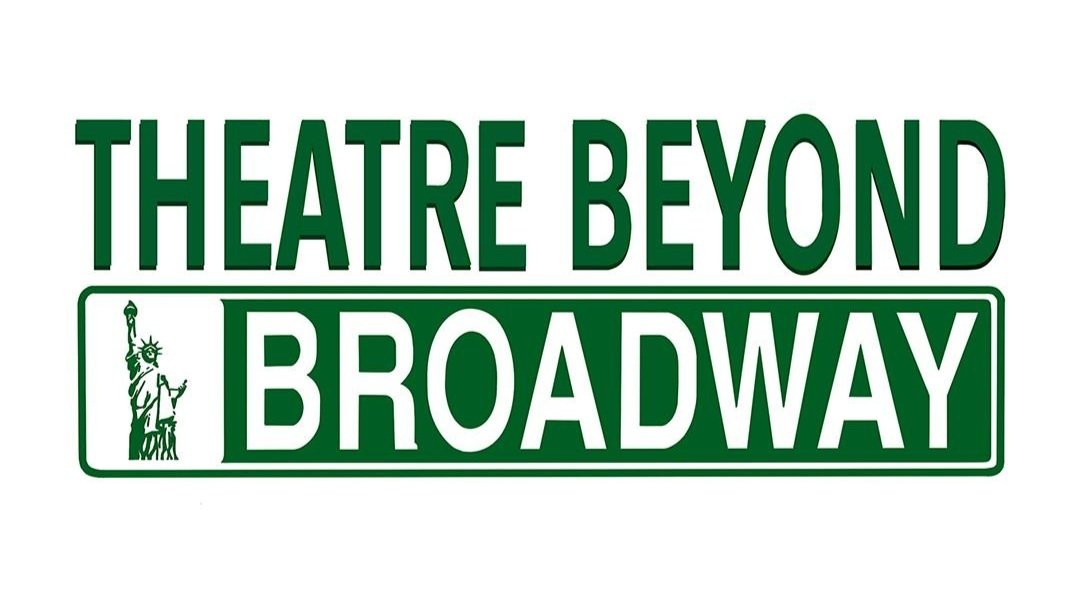Longing Lasts Longer
Written, Conceived and Performed by Penny Arcade
With Design and Direction by Steve Zehentner
Presented by White Horse Theater Company in association with Salt Pillar Productions
What We are Longing For
Yesterday, on my way to work, I passed through Union Square and would have sworn I brushed ast Jim Osterberg. “Who?” you ask? Iggy Pop. “Who?” you repeat. Google him. Iggy is one of the New Yorkers most people now only know from film. Iggy inspired the name of my 10’ Burmese python in the 90’s. Maybe I was wrong. Maybe it wasn’t Iggy Pop – but something tells me that he would absolutely take the train, all the time. An Iggy sighting is the perfect start to a day capped off with a Penny Arcade performance.
I must admit to being shocked upon reading that Penny Arcade is old enough to be my mum. I cannot reconcile that fact with the spritely creature that took the stage in Gramercy Park last night. When I first saw her, mingling in the audience, I noticed her battery pack and assumed she was a young crew member. Ms. Arcade says during her performance that “[she is] as young as I’ve ever been,” and I believe her.
If you don’t know who Penny Arcade is (and if you do, please skip ahead), she cut her teeth with the Playhouse of the Ridiculous described in The Times as being “Heavy on the glitter and make-up, broadly comic and shamelessly vulgar, sexually confrontational and terribly, terribly impolite.” Even last night, Ms. Arcade said, “A lot of people are offended by my shows. Don’t be. I didn’t know you were coming.” She is a runaway turned performance artist turned force of nature who appeared in Warhol’s Women in Revolt and hung out with the Jackie, Candy and Holly of Lou Reed Walk on the Wild side fame. To put it in common parlance, she was in the room where it happened.
You may find it a bit ironic - Penny Arcade performing at the Player’s Club. Here’s the Dame of Downtown Avant Garde plying her trade in the posh setting on the 1888’s Player’s Club surrounded by wood paneling and crushed red velvet. Upon entering the club, you are greeted by a portrait of James Cagney who ushers you upstairs from one magnificent portrait after another of white men – the stained glass, a couple of grand pianos and some busts of those long dead. The old New York of the Gilded Age. And then there is Penny Arcade - irreverent, inappropriate, unapologetic denizen of the East Village long before gentrification.
And then you realize, time withstanding, those New Yorks are more closely related to one another than to the sanitized version of today. They share history. The history of a New York that is gone. Ms. Arcade’s roughly 80 minute monologue backed by a bracing soundtrack is definitely not a nostalgia piece or memory play. Its motivation in looking back is a wake-up call.
Content Note (learned that last night): The following will not contain Trigger Warnings, but will do its best to avoid spoilers.
Penny Arcade provides a valuable lesson on how society developed in a time of Integrated Spectacle, the Banality of Evil and the Tyranny of Fragility. I will let her explain those to you - as you really must see her in action - but expect to find inspiration, expect to be provoked and most definitely, expect to think.
My God, How Did I Get Here?
Many moons ago, I vowed to never date someone born after the death of John Lennon. To me, it was the cultural Rubicon I dare not cross. Last night, Penny Arcade gave me the answers for that which I never knew I was lacking. Penny didn’t have Barbies. She’s never seen Star Wars or Sex in the City. She read and performed and “fucked” her way through life working as an artist as opposed to “identifying” as one. She was not exposed to the group think developed by Freud’s nephew Edward Bernays and carried out by Advertising ever since. (If you’ve ever had bacon and eggs for breakfast, it’s because of Edward Bernays. He’s affected the lives of every American alive today even if you’ve never heard of him.) But, as she explains it, Americans have been increasingly immersed in cultural consumerism to the point where children born after 1980 know nothing else. For them, everything has been some form of advertising from soup to pop culture to political beliefs. We’ve become the constant consumer that capitalists dreamed of.
A night with Ms. Arcade will encourage you to disengage from the hive mind, to step back and (wait for it) . . . think. Have we all been sold on an ideal? Do we feel less if we do not reach this ideal? Does your social media portray an ideal divergent from your reality? She is your nextdoor neighbor from the old neighborhood, before gentrification, come by to warn you (or remind you) to live while you are here. She most certainly is.
Review by Nicole Jesson
Published by Theatre Beyond Broadway on April 28, 2023. All Rights Reserved.
